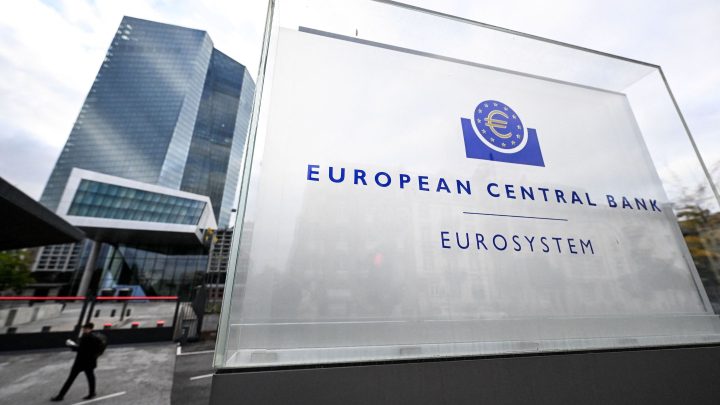
This week, central banks will decide what to do (or not do) with interest rates
This week, central banks will decide what to do (or not do) with interest rates

It’s a big week in the world of monetary policy, with central banks from some of the world’s wealthiest economies scheduled to meet. They’ll decide what to do — or not do — when it comes to interest rates.
Here in the U.S., we’ve got the Federal Reserve meeting Tuesday and Wednesday. Also this week, there’s the so-called Super Thursday, when the European Central Bank, the Bank of England and the central banks of Switzerland and Norway have their own meetings.
Investment markets are clamoring for rate cuts, but there’s a lot more at play than just what traders want.
Economists are expecting the Fed, the ECB and the Bank of England to keep rates steady this week while the bankers who pull the globe’s monetary policy levers try to assess whether they’ve done enough to slow their economies in the fight against inflation.
“The real challenge here is that the central banks are trying to, on one side, manage the effects of high interest rates, and then on the other side, trying to manage the ongoing war with inflation,” said Jonathan Welburn, a senior researcher at the Rand Corp.
They’ll weigh how long to keep rates high — at the risk of triggering a recession and rising unemployment — while trying to reach that 2%-a-year inflation target that global central banks favor.
“So in terms of those two indicators for the U.S., the employment picture and the inflation picture looks more promising than it has for some time,” said Ilene Grabel, a professor of international finance at the University of Denver.
Unemployment is under 4% and inflation is down to 3.2%.
“And I think that that’s also the case to a great extent in the euro zone and also in the Bank of England,” Grabel said.
Euro zone inflation has declined to under 3%.
With U.K. inflation at 4.6%, the Bank of England is having a bit of a harder time of it.
“I think that the question for central banks, including the U.S. Federal Reserve, is when to declare victory and whether or not they risk declaring victory too early in the fight against inflation,” Rand’s Welburn said.
So this week, the world’s top central bankers are likely to be asking all of us to chill a bit before getting too excited about rate cuts.
There’s a lot happening in the world. Through it all, Marketplace is here for you.
You rely on Marketplace to break down the world’s events and tell you how it affects you in a fact-based, approachable way. We rely on your financial support to keep making that possible.
Your donation today powers the independent journalism that you rely on. For just $5/month, you can help sustain Marketplace so we can keep reporting on the things that matter to you.

















